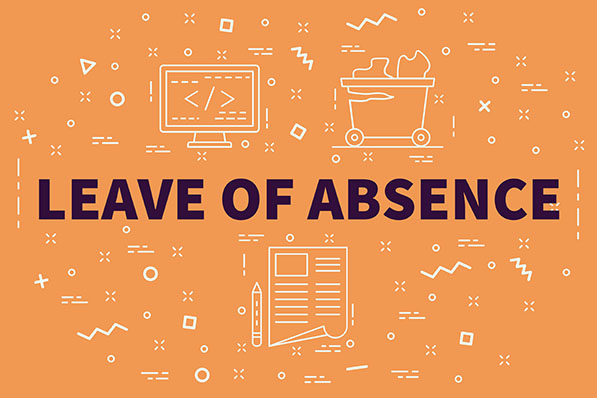We have an employee who is currently on California Family Rights Act (CFRA) leave. She will exhaust this leave in one week. She has asked for an extension of leave for one month. Since she will no longer be entitled to the protections of the CFRA, and she has indicated she cannot return to work for at least another month, we would like to terminate her employment. Are there any problems with doing this?
Yes, there is a problem with terminating an employee who has exhausted her protected leave and has requested additional leave.
The California Family Rights Act (CFRA), like its federal counterpart, the Family and Medical Leave Act (FMLA), provides for up to 12 weeks of unpaid leave for an eligible employee’s serious health condition.
When an employee who has exhausted her CFRA/FMLA leave notifies her employer that she cannot return to work because of an ongoing medical condition and requests additional leave, the employer may have an obligation under the federal Americans with Disabilities Act (ADA) and the California Fair Employment and Housing Act (FEHA) to grant additional unpaid leave as a reasonable accommodation.
ADA and FEHA
The ADA and FEHA prohibit employers from discriminating against qualified individuals with disabilities. Employers are required to reasonably accommodate people with disabilities unless it would impose an undue hardship on their business.
A person is considered disabled if she has a physical or mental impairment that limits one or more of her major life activities. Not all conditions covered by the CFRA/FMLA are included within the coverage of the ADA/FEHA.
For example, temporary conditions that may entitle an employee to leave under the CFRA/FMLA may not qualify as a disability under the ADA.
Reasonable Accommodation
Under the ADA/FEHA, additional leave following CFRA/FMLA protected leave may be required as a reasonable accommodation so long as it does not pose an undue hardship on the employer.
The first step in evaluating this employee’s request for additional leave is to engage in a timely and good-faith interactive process. The “interactive process” is simply communication between the employee and the employer about her request for additional leave. The employer should document its communications with the employee and its efforts to determine whether additional leave is reasonable.
Because the employee is asking for additional leave, the employer may ask for medical documentation that the employee is disabled and additional leave is necessary.
Unlike the CFRA/FMLA, there is no specific amount of leave that is required under the ADA/FEHA as an accommodation. Like all accommodations, the amount of leave must be determined on an individual, case-by-case basis.
Undue Hardship
An employer can deny a requested accommodation, such as a leave extension, if it can show that granting the request will result in an undue hardship to its business. The Equal Employment Opportunity Commission (EEOC) defines “undue hardship” under the ADA as an action requiring significant difficulty or expense to the individual business.
When an employee requests additional leave after CFRA/FMLA leave has expired, it is critical that the employer review and document how the additional leave affects the business and whether continued leave poses an undue hardship.
Factors to consider in evaluating a request for extended leave include the impact on the quality and quantity of company productivity, lost sales, lowered customer service, and increased burden on management and coworkers. Employers should be cautious in relying solely on the increased costs associated with hiring a temporary employee or incurring more overtime.
Even though an absent employee disrupts business operations, an employer should never assume that, because an employee has exhausted her protected leave under the CFRA/FMLA, it can terminate the employee for failing to return to work.
Sharon Novak, Employment Law Expert, CalChamber
CalChamber members can read more Returning to Work After Family and Medical Leave in the HR Library. Not a member? Learn how to power your business with a CalChamber membership.





